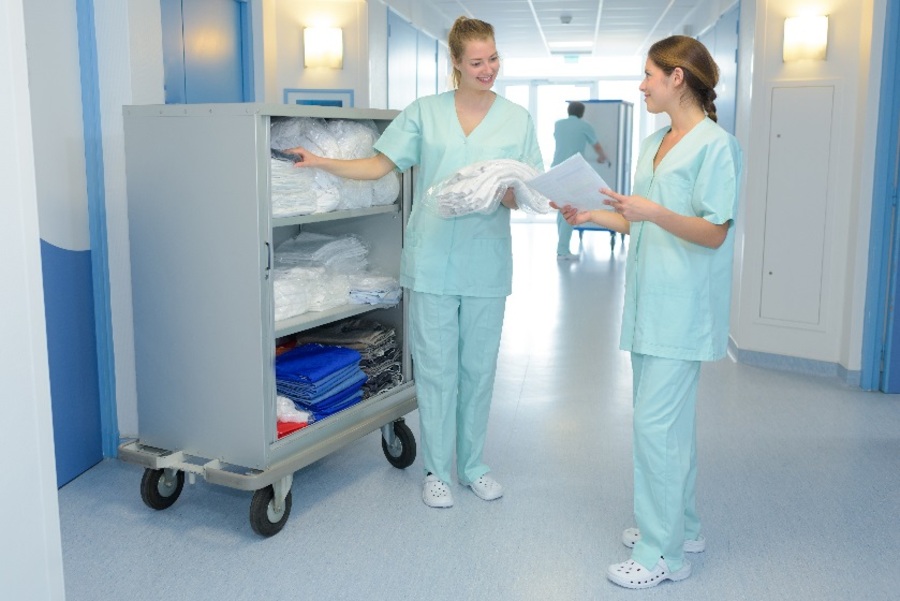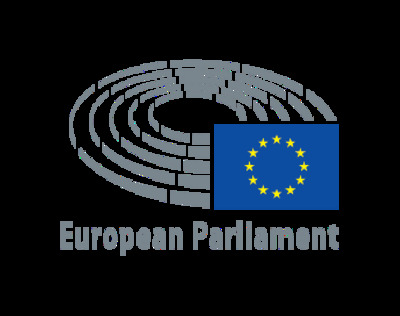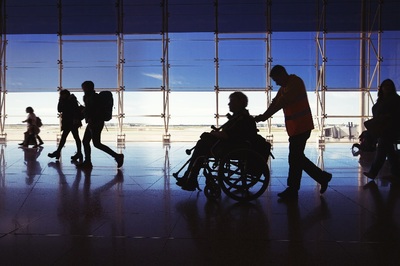
Nurses without borders
- Add to favouritesNurses without borders
- Download

Over 3.9 million nurses practice in the EU. In 2020, there were between 338 and 1 617 nursing professionals per 100 000 inhabitants in most of the EU countries, peaking at 1 617 in Ireland, compared with less than 500 in Bulgaria, Latvia and Greece.
If you are a nurse interested in working in another EU country, you might want to know about the rules that apply. The EU harmonised the training requirements for nursing staff in general care across all EU countries. To prove you are qualified to work as a nurse in your new EU country, you only need to apply to the authorities in that country. Within a few months, your qualifications should be recognised automatically. New EU law on serious cross-border health threats also improves training opportunities for medical staff across the EU, to help improve their familiarity with other EU countries' health systems. It also aims to improve medical staff's knowledge of the 'one health' approach, which recognises the connections between human and animal health and the environment.
To further ease your move, the authorities in your new EU country cannot ask you for certified translations of your professional qualifications, or identity cards or passports. Obtaining a European Professional Card enables you to communicate with the authorities within a secure network. The card is electronic proof that your professional qualifications have been recognised. The EU also introduced Europass, a tool that helps you present your skills and qualifications clearly and easily, to help you move for work throughout Europe.
- Further information
European Commission website on free movement of EU nationals, http://ec.europa.eu/social/main.jsp?catId=457&langId=en
EU 'Your Europe' website on regulated professions, https://europa.eu/youreurope/citizens/work/professional-qualifications/recognition-of-professional-qualifications/index_en.htm
EU interactive Europass website, https://europa.eu/europass/en
EPRS | European Parliamentary Research Service: https://epthinktank.eu

























